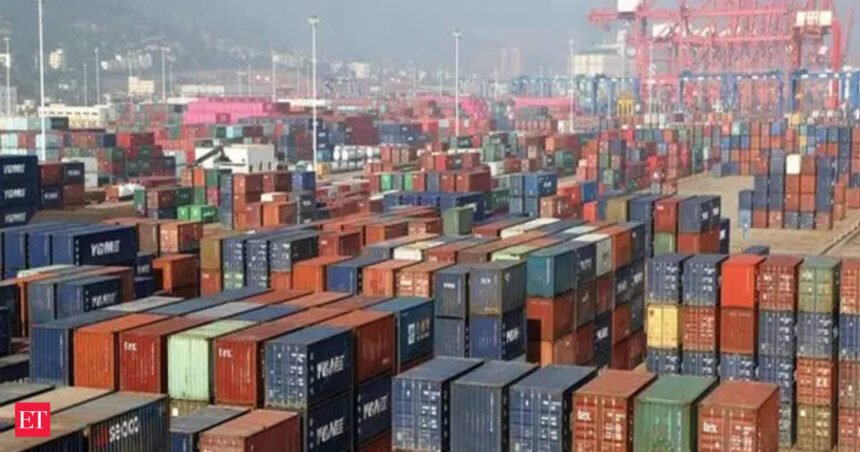Subsequently, the US Commerce Department on November 1 added five Indian companies to its Entity List for acquiring US-made goods and transferring them to the Russian defense sector.
The Global Trade Research Initiative (GTRI) said in the report: “While unilateral sanctions imposed by the United States are controversial under international law, the reality is that countries like India must treat these sanctions with caution to protect their commercial interests.”
It also said India could refer the issue to the World Trade Organization (WTO) if the sanctions violate international trade rules or harm Indian businesses.
Recent US sanctions have highlighted the importance of Indian businesses complying with local and international trade regulations, especially when dealing with sensitive or dual-use goods. “Companies must remain vigilant and avoid inadvertently supporting sanctioned entities or countries,” the think tank said. In India, sanctioned companies are involved in the export of dual-use products, the GTRI report said.
Some of these companies export not only goods of American origin but also locally produced goods that are later sent to the Russian military. The report added that US sanctions would also apply to companies diverting US-made products, thereby increasing scrutiny on Indian exporters.
Srivastava said India does not support unilateral sanctions beyond those authorized by the United Nations and its sanctions policy focuses on trade restrictions against specific countries such as Iran and North Korea.
“India’s response reflects its commitment to sovereignty while adhering to international non-proliferation agreements such as UN Security Council Resolution 1540 implemented through its Weapons of Mass Destruction Act,” he said.
He added that it is crucial for businesses to have a strong compliance program and regularly check export control lists such as India’s SCOMET (Specialty Chemicals, Organisms, Materials, Equipment and Technology) list and US BIS regulations .
“Failure to comply could result in serious consequences, including trade restrictions, asset freezes and loss of market access,” he said, adding that Indian companies should also monitor their supply chains, especially in high-risk areas.
Periodic review of the SCMET list can help identify products that may face export restrictions.
“Failure to comply could result in companies being commercially isolated, as U.S. sanctions would not only block transactions with U.S. companies but also hinder global partners with ties to the U.S.,” the think tank said.
The report adds that as India strives to become a net exporter, especially in defense exports, companies must adopt the mantra of “knowledge, training and compliance” as the cost of non-compliance is “too high” for companies to ignore Compliance.

